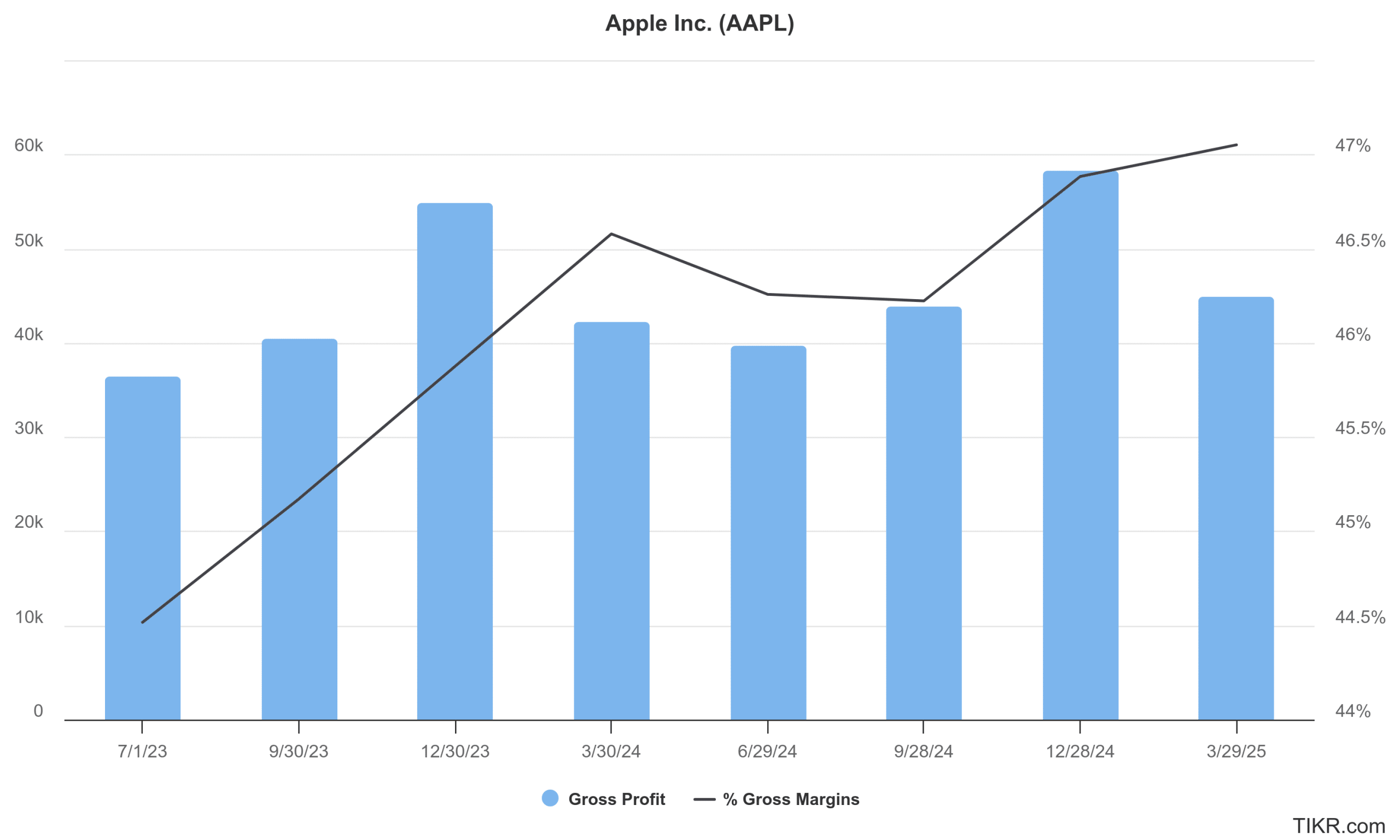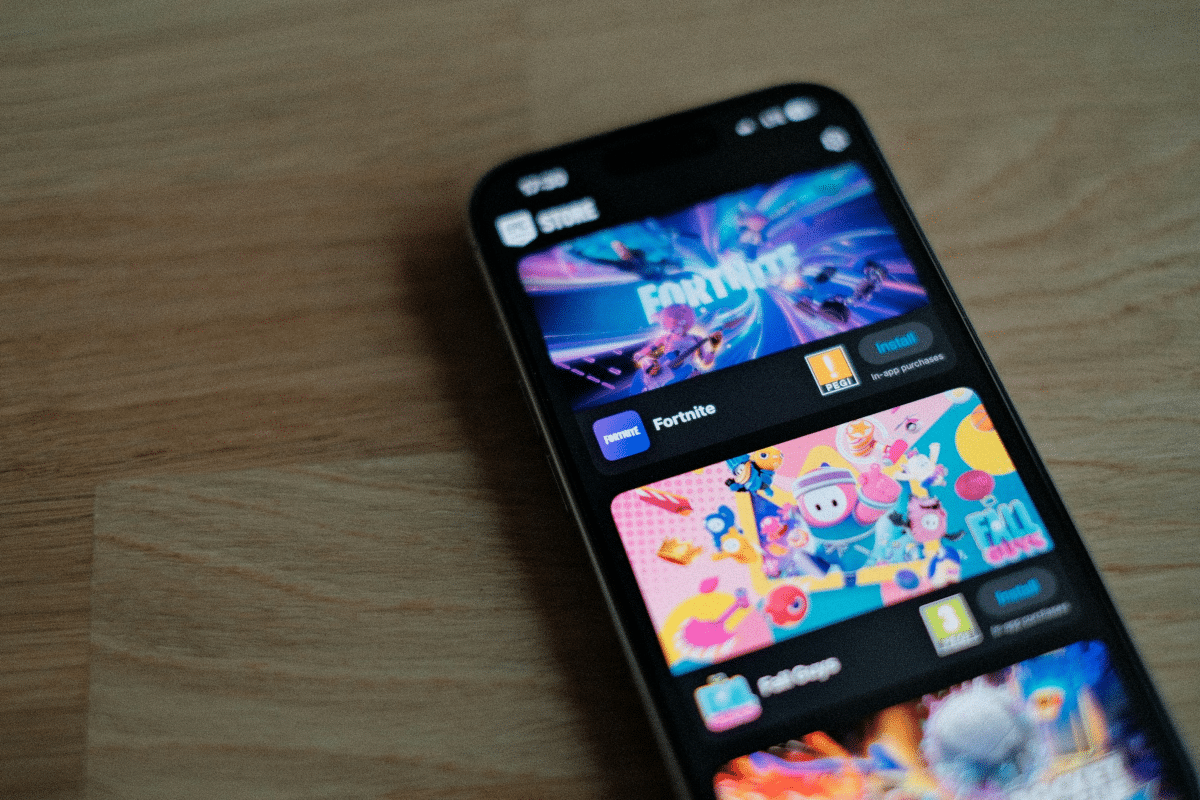Epic Games’ hugely popular game Fortnite went offline for Apple iPhone users as the company did not approve the new app. The tussle between Apple and Fortnite has been dragging on for around five years despite court orders in favor of Epic Games’ publisher. Here we’ll talk about the ongoing dispute between the two companies, whose results could have far-reaching implications.
In her ruling last month, US Federal Judge Yvonne Gonzalez Rogers lashed out at Apple (NYSE: AAPl), saying the company’s top executives lied under oath and did not follow her previous orders, which barred Apple from prohibiting developers from using alternative payment methods.
Buoyed by the court order, Fortnite submitted its updated App to Apple. However, the Cupertino-based company did not approve the App, and Fortnite withdrew it after 120 hours. It then resubmitted the app with the latest update.
“Apple has blocked our Fortnite submission so we cannot release to the US App Store or to the Epic Games Store for iOS in the European Union,” said Fortnite in a tweet. It added that the app will stay offline until Apple “unblocks” it and asked Judge Rogers to make Apple approve its updated app.
Apple has blocked our Fortnite submission so we cannot release to the US App Store or to the Epic Games Store for iOS in the European Union. Now, sadly, Fortnite on iOS will be offline worldwide until Apple unblocks it.
— Fortnite (@Fortnite) May 16, 2025
Epic Games Sued Apple Over App Store Policies
The public battle between Apple and Epic Games began in 2020. Apple and Alphabet (the parent company of Google) barred Epic Games from their respective stores after the company tried to bypass their in-app purchase policies to evade the hefty fees, which can be as high as 30%.
A legal battle followed, and in 2021, Judge Rogers ruled against Apple in the “anti-steering policies” and asked it to allow app developers to use other payment mechanisms. However, the judge did not find Apple’s App Store policies anti-competitive under federal antitrust laws.
Meanwhile, Epic Games alleged that Apple wasn’t following the court order in spirit, and while it allowed external payment links, it started charging a 27% fee on such purchases.
In her recent ruling, Judge Rogers said that Apple “willfully” disregarded its orders. The ruling said, “Effective immediately Apple will no longer impede developers’ ability to communicate with users nor will they levy or impose a new commission on off-app purchases.”
“Apple, despite knowing its obligations thereunder, thwarted the Injunction’s goals, and continued its anticompetitive conduct solely to maintain its revenue stream,” she said in her filing. Referring to the 2024 evidentiary hearing, she added, “Remarkably, Apple believed that this Court would not see through its obvious cover-up.”
Apple Has Appealed the District Court Order
AAPL is fighting the case tooth and nail, and in its filing with the Ninth Circuit Court of Appeals it said that the district court’s order “permanently precludes Apple from exercising control over core aspects of its business operations, including charging for use of its property and protecting the integrity of its platforms and in-app purchase mechanisms.”
It added, “These restrictions, which will cost Apple substantial sums annually, are based on conduct that has never been adjudicated to be (and is not) unlawful; rather, they were imposed to punish Apple for purported non-compliance with an earlier state-law Injunction that is itself invalid.”
The iPhone maker has cited the pending request in the Ninth Circuit for not approving the Fortnite App.
The App Store Fees Are a Key Driver of AAPL’s Profitability
The hefty fees that Apple earns through in-app purchases are a key driver of its profitability. The company does not disclose the total revenues from App Store fees, but they are a large part of its Services business, whose gross margins surged to a record high of 75.7% in the most recent quarter. The segment’s margins are twice that of the Product business, which sells gadgets like iPhones and Macs.

Meanwhile, according to Appfigures, while Apple app developers made $33.68 billion in gross revenue last year, they took home $23.57 billion in net revenue, with Apple eating away around $10.1 billion. Of these, nearly $6.27 billion came from apps and $3.82 billion from games.
Apple’s revenue from App Store fees has grown more than twofold since the COVID-19 pandemic. Notably, while Apple’s product sales have sagged over the last couple of years and even the sales of the most recent artificial intelligence (AI) powered iPhone 16 have been tepid at best, the Services business is growing at a fast pace.
Giving away its strict controls on App Store policies (and, by extension, the fat fees) would have far-reaching implications for AAPL. More developers are expected to opt for third-party payment mechanisms and bypass Apple’s 30% fees. There are already signs of companies doing so, and after the court’s observation last month, Amazon added a “Get Book” button to its Kindle app on iOS, which allows users to purchase books directly.
Apple Warns of Significant Hit
Previously, companies like Twitter (now X) tried selling subscriptions directly. However, so far, smaller app developers have not tried out the route, fearing a backlash from Apple. If AAPL loses its legal battle against Epic Games, even smaller developers might opt for an alternate payment mechanism.
For Apple, losing out on these high-margin revenues would mean a significant hit to its profits, and the company has already warned that it could cost it “substantial sums.” Moreover, it might also take a toll on Apple’s valuations, which mimic a software company rather than a gadget maker, in part due to the fast-growing and high-margin Services business.
